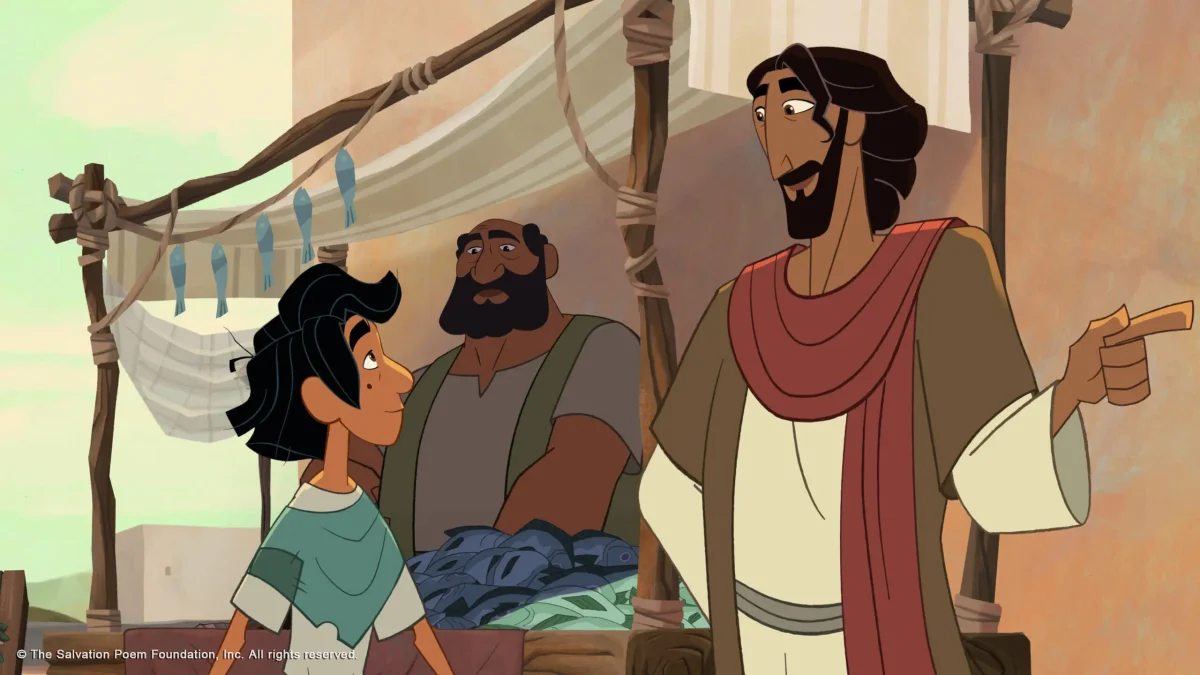Word of mouth is common in various fields of art, and it can help or hamper a film. Although some audiences have lauded “Trade,” critics have not loved it for good reason. “Trade” has received a good amount of positive buzz since its premiere at last year’s Sundance Film Festival, but it sadly appears to be only a decent film about an important social issue.
The story revolves around Adriana (Paulina Gaitan), a 13-year-old Mexican girl who is abducted by sex slave traffickers, who intend to sell her to the highest bidder, and Veronica (Alicja Bachleda-Curus), a Polish single mother in her 20’s who is taken to Mexico and also abducted. In response to Adriana’s kidnapping, her bad-boy older brother, Jorge (Cesar Ramos), with help from Ray (Kevin Kline), a cop on a private investigation, attempts to track down and save Adriana before it is too late.
“Trade” is the second feature film from director Marco Kreuzpaintner and is written by Jose Rivera, the acclaimed writer who also penned the script for “The Motorcycle Diaries.” It is based on an article, “The Girls Next Door,” written by New York Times journalist Peter Landesman who is also the film’s executive producer. The article is all about the hidden sex trade that exists in both the United States and Mexico. While the article itself exposes a great evil that should motivate the average person to action, the adapted film is filled with enough flaws that it undermines its own core objective, as well as its source material.
Some of the flaws are apparent within the first few opening shots. The editor has apparently been taking lessons from the Michael Bay/Tony Scott school of editing. With an interesting, but partially out-of-place Mexican song in the background, the camera flashes, quickly zooms, and cuts abruptly, taking the audience out of any emotional connection with the film. This cutting style, along with some poor music choices, end up turning the film into an action/thriller at some points, rather than a deep, poignant, emotional drama about an important social injustice. While not always persistent throughout the film, this style is present enough to weaken the foundation of the dramatic story.
Sadly, this film’s failings are not just technical, but also appear in the story and performances. Writer Jose Rivera, who received an Oscar nomination for his deep deconstruction of the youth of the infamous revolutionary, Che Guevara, in “The Motorcycle Diaries,” seems to fall away from his quality writing roots. There is a great deal of excellent dialogue and character development between Adriana and Veronica, and these actresses are the shining stars within a mediocre cast, but the male roles are neglected. Jorge is a little too inconsistent in character decisions, even for the hot-headed teenager that he plays, and Ray is given very little back story or depth. In general, most of the characters are mainly black and white.
There is also an attempt at comic relief, but it is awkward in both script and performance and fails to complement the characters. Kline especially appears to be stilted in performance and miscast in his role. Ramos gives a decent acting performance when speaking Spanish, but his acting in English is slightly painful to watch. Of course, the onus is not just on screenwriter Rivera, but also Kreuzpaintner who directs only to a passable degree. A poorly orchestrated final scene attempts to end the film with a shocking twist, but it ends up being nothing more than an emotional manipulation to provoke a response.
While the film may be flawed, the message is still important. Although it would have been better presented in a documentary, that should not hamper its audience from responding to the crisis it depicts. I question whether “Trade” is worth your money, but the issue is certainly worth your time. “Trade” is rated R for disturbing sexual material involving minors, violence including a rape, language and some drug content.







